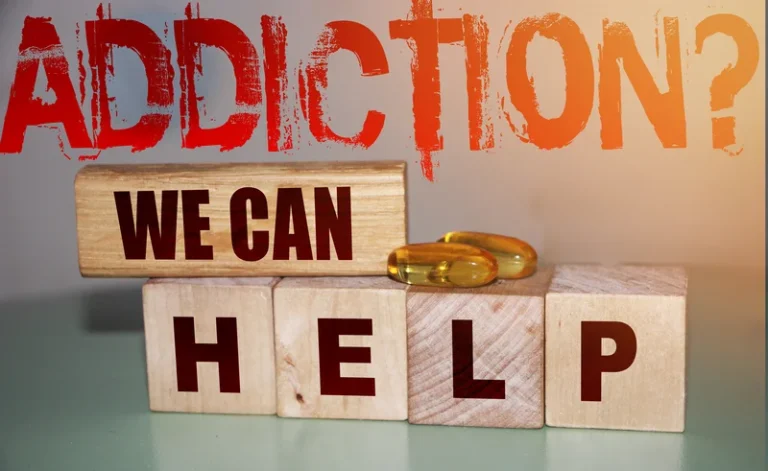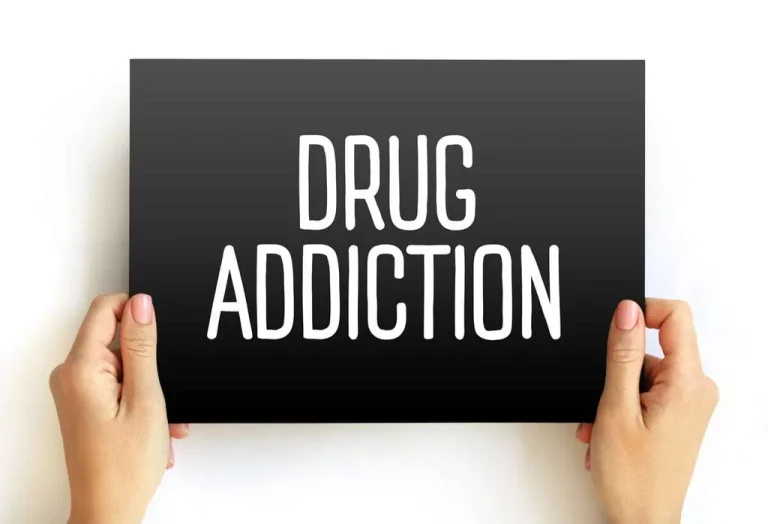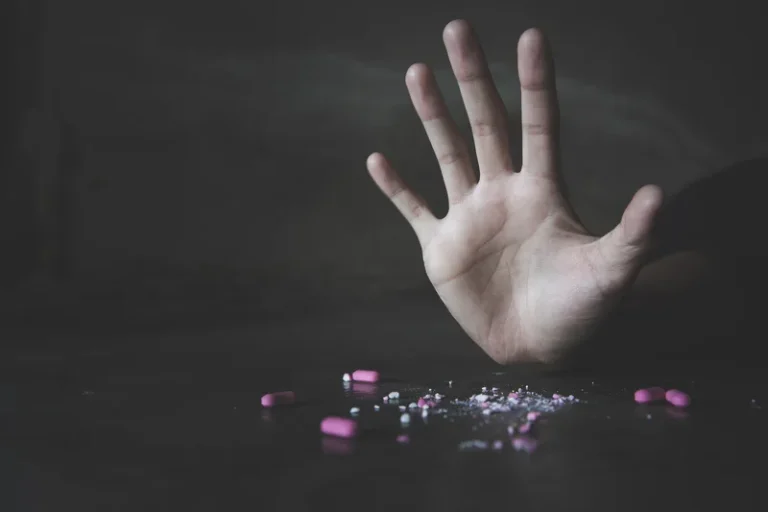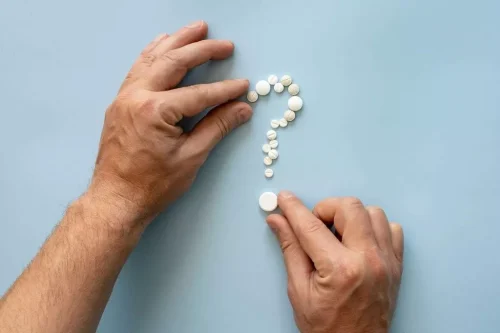
As for the kidney damage caused by alcohol, some studies discovered that the patients’ renal function recovered after abstinence [1]. However, others also found that abstinence cannot completely repair the kidney injury [26]. Unfortunately, existing clinical studies have not analyzed why some patients with CKD give up drinking and the influence of giving up drinking on the prognosis of these patients.

Study participants and data collection
- Furthermore, we adjusted for nearly all potential confounding variables, including age, sex, body mass index, socioeconomic status, vegetables, fruit, smoking, and exercise habits, and comorbidities.
- Hepatorenal syndrome may appear in patients afflicted with any severe liver disease, but in the United States, studies most often have identified alcoholic cirrhosis as the underlying disorder.
- Treat gastritis by avoiding alcohol, pain medications, and recreational drugs.
- Recent studies estimated that CKD affects about 119.5 million people worldwide [10,11].
- Furthermore, drinkers often like to eat more pickled food and eat less vegetables and fruits, which increases the consumption of salt and cholesterol [119].
It is the body’s way of warning of a potentially serious medical condition, so it is best not to ignore it. For example, a person with a UTI that spreads to the kidneys can develop sepsis, a dangerous infection of the blood. Whereas AKI tends to resolve with how alcohol affects the kidneys time, CKD may worsen over time — although some individuals are able to stay relatively stable with CKD with close monitoring and lifestyle changes, such as quitting alcohol. People with alcohol-induced CKD will require treatment for AUD as well as CKD.
Effects of Ethanol on the Kidneys

Nesreen and Sayed discovered that alcohol consumption significantly increased renal caspase3, caspase8, and caspase9 activity, and ethanol toxicity can increase the ratios of Bax and Bcl-2 in kidney tissues compared to a control group [24,25]. This indicates that long-term ethyl alcohol consumption can activate both intrinsic and extrinsic pathways of apoptosis in the kidneys (Figure 1). However, other studies found that long-term alcohol consumption aggravates renal fibrosis, which may be related to epithelial mesenchymal transdifferentiation and fibrosis induced by ethanol [33,47,56]. In the kidneys, ROS is generated via both enzymatic and non-enzymatic processes [22,23,27,32,36,37]. In addition, Das et al. reported that alcohol consumption impairs the ability of CAT to catalyze the decomposition of H2O2 in the kidneys [41].
Blood-Flow Changes
- In general, ethanol causes oxidative stress-related damage in the kidneys, but sometimes, in some conditions, it also improves the antioxidant capacity of the renal cells.
- A person may feel intense back pain or pain in their genitals or stomach as the body attempts to pass the stone.
- Alcohol can perturb these controls, however, to a degree that varies with the amount of alcohol consumed and the particular mechanism’s sensitivity.
- Laube and colleagues (1967) suggested that both cellular enlargement and cell proliferation contribute to such nephromegaly.
- Although the kidneys have a regenerative capacity, there are limits to their recovery.
This may result from high levels of toxins leading to tissue injury and inflammation. Kidney pain after drinking alcohol may occur due to acute kidney injury or an infection. Moderate drinking should not cause kidney pain, but binge drinking or frequent drinking may cause kidney problems. The association between increased blood pressure and alcohol consumption has been recognized at least since 1915, when Lian reported the prevalence of high blood pressure (i.e., hypertension) in relation to the drinking habits of French army officers. Interestingly, age makes a difference in how rapidly the body escapes alcohol’s ADH-suppressive effect.
A blockage or obstruction prevents urine from properly draining from the kidney to the bladder. A kidney infection is a type of urinary tract infection (UTI) that starts in the urethra or bladder and moves to one or both kidneys. The symptoms and severity of a UTI may get worse after drinking alcohol. When your kidneys don’t function the way they should, prescription and over-the-counter medications can build up in your blood and may cause additional damage to your kidneys or other parts of your body…

Alcohol can hamper the regulation of acidity, thus affecting the body’s metabolic balance. Although there have been many clinical studies on alcohol consumption and CKD, most https://ecosoberhouse.com/ have some limitations that could cause misinterpretation of the results and conclusions. Try swapping out alcoholic drinks for alternative beverages such as juices and teas.

Alcoholics Anonymous is available almost everywhere and provides a place to openly and nonjudgmentally discuss alcohol issues with others who have alcohol use disorder. And prolonged alcohol use can lead to mental health conditions like anxiety and depression. Long-term alcohol use can change your brain’s wiring in much more significant ways. The morning after a night of over-imbibing can cause some temporary effects on your brain.
Can You Drink Alcohol with Chronic Kidney Disease?

When your liver finishes that process, alcohol gets turned into water and carbon dioxide. While some might argue that moderate beer consumption could offer certain benefits, it’s important to consider the broader picture. Although the kidneys have a regenerative capacity, there are limits to their recovery.